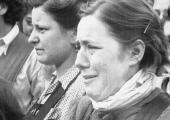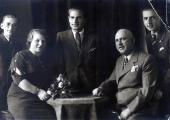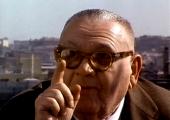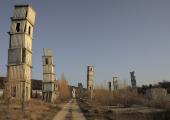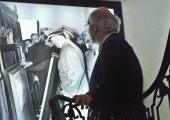The Decent One
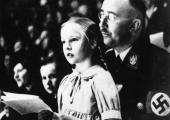
Documentary enters the toxic mind of SS Reichsführer Himmler
Remember the Hitler diaries? Stern and the Sunday Times were so eager for them to be true they went ahead and published even after historian Hugh Trevor Roper had changed his mind about their authenticity. Such was the hunger for stories about Nazis. It’s still there, but Die Welt was on firmer ground when – to accusations of sensationalism – last year it published extracts from the cache of letters, diaries and memos in the hand of Heinrich Himmler.

